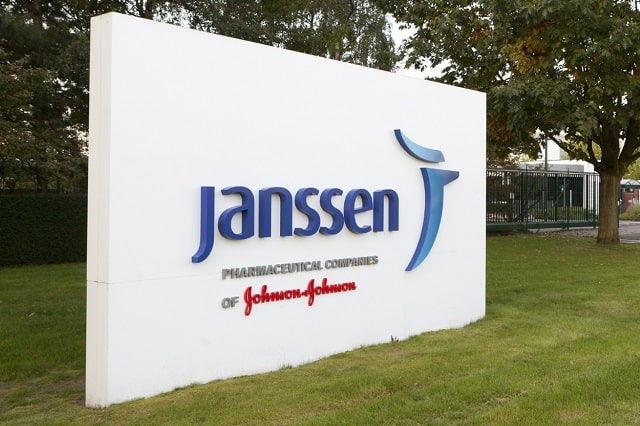
Johnson & Johnson’s (J&J) pharma division Janssen has announced that it will not pursue regulatory submissions for a combination of its androgen receptor inhibitor Erleada and hormonal therapy Zytiga in prostate cancer.
Specifically, Janssen will not pursue regulatory approval based on the phase 3 ACIS study, which evaluated Erleada (apalutamide) and Zytiga (abiraterone acetate) plus prednisone in patients with chemotherapy-naive metastatic castration-resistant prostate cancer (mCRPC).
The ACIS study met its primary endpoint of radiographic progression-free survival (rPFS), with a 31% reduction in the risk of radiographic progression or death in these patients.
The primary efficacy analysis showed that median rPFS was extended by six months in patients treated with the Erleada/Zytiga combination compared with patients in the control arm receiving Zytiga plus prednisone alone.
A prespecified analysis also showed that patients aged 75 years or older and those with visceral metastasis, luminal type in PAM50 test and tumours with average or high androgen receptor (AR) activity may derive ‘clinical benefit’ from the Erleada/Zytiga combination treatment, according to Janssen.
However, Janssen disclosed yesterday that the Erleada/Zytiga combination treatment did not demonstrate significant benefit over Zytiga plus prednisone in key secondary endpoints, including overall survival (OS).
“Safety results from ACIS were consistent with prior studies of Erleada and Zytiga plus prednisone, with no new safety signals observed,” said Kiran Patel, vice president, clinical development, solid tumours, Janseen Research & Development.
“The study also generated valuable scientific outcomes and insights in subgroups of patients with luminal type in PAM50 test and tumours with average or high androgen receptor activity (molecular signatures of hormone sensitivity), which warrant further investigation,” he added.
In February, Janssen revealed additional results for Erleada, this time in combination with androgen deprivation therapy (ADT) in patients with metastatic hormone-sensitive prostate cancer (mHSPC).
Final analysis from the phase 3 TITAN study, which included nearly four years of median follow-up, demonstrated a 35% reduction in the risk of death in mHSPC patients receiving Erleada plus ADT compared to ADT alone.
In the EU, Erleada is approved for the treatment of metastatic castration-sensitive prostate cancer (mCSPC) and non-metastatic castration-resistant prostate cancer (nmCRPC).




